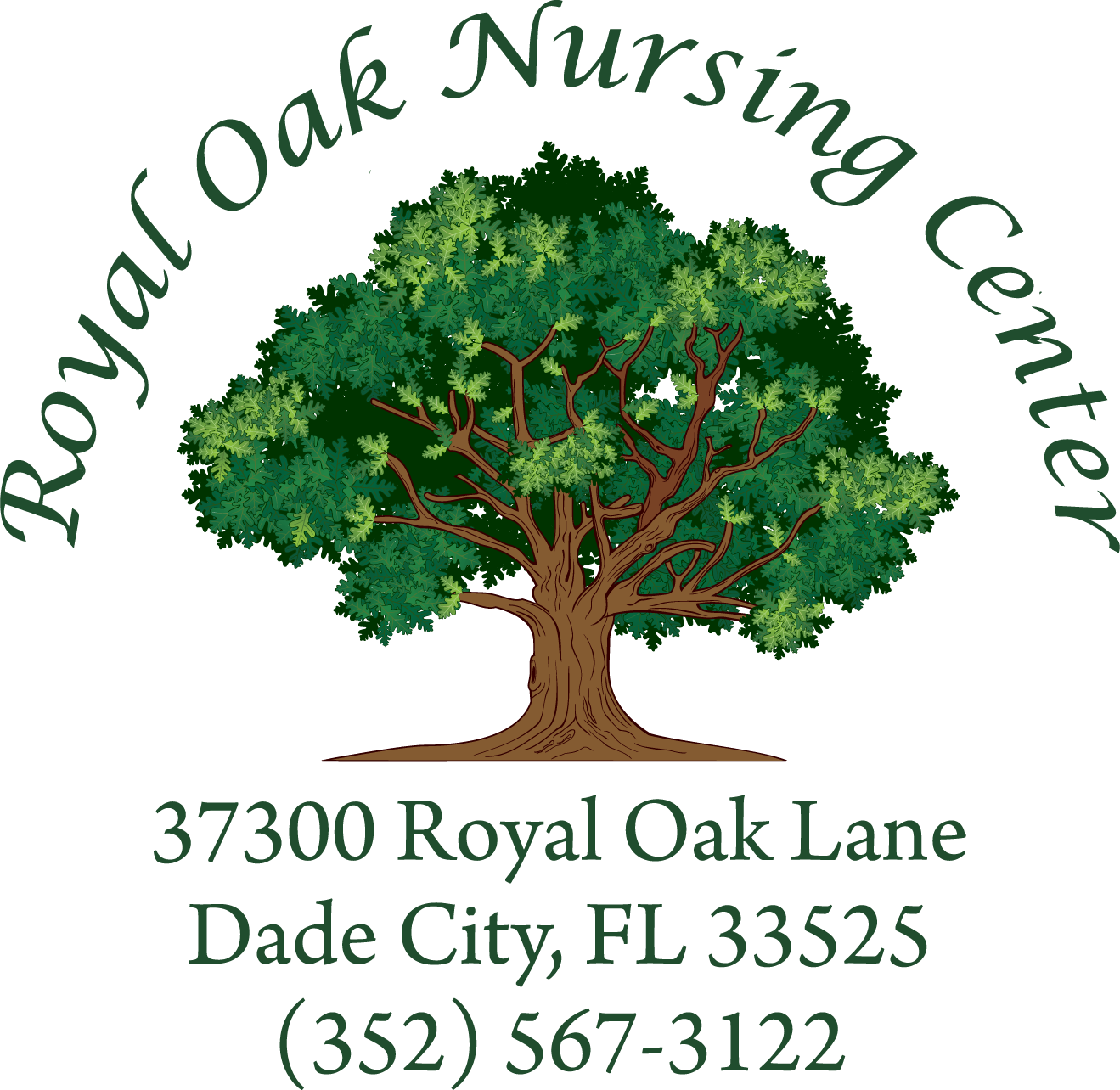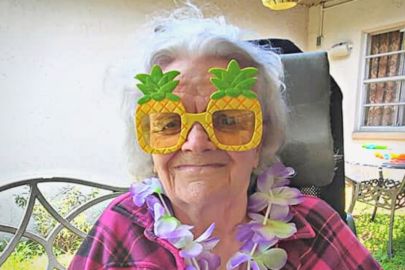How Skilled Nursing Facilities Promote Autonomy Among Seniors
As seniors age, maintaining independence becomes a top priority. Skilled nursing facilities play a crucial role in promoting autonomy among seniors by providing a supportive and empowering environment. In this article, we will explore how skilled nursing facilities promote independence among seniors. From personalized care plans to engaging activities and specialized services, skilled nursing facilities are dedicated to helping seniors lead fulfilling and independent lives.
Personalized Care Plans: Tailored Care for Individual Needs
One of the key ways skilled nursing facilities promote independence among seniors is through personalized care plans that are tailored to meet the unique needs and preferences of each resident. These care plans take into account the individual’s physical, emotional, and cognitive abilities, and are developed in consultation with the residents, their families, and the interdisciplinary care team.
- Customized assessments: Each resident undergoes a thorough assessment to identify their specific needs, including their physical, emotional, and cognitive abilities. This information is used to create a personalized care plan that addresses their unique requirements.
- Goal-setting: The care team works with the residents to set individualized goals aimed at enhancing their independence. These goals may include improving mobility, managing chronic conditions, or maintaining mental well-being.
- Collaborative approach: The interdisciplinary care team at skilled nursing facilities, including physicians, nurses, therapists, and social workers, work together to provide comprehensive care that addresses all aspects of a resident’s health and well-being. This collaborative approach ensures that the care plans are MECE and tailored to the individual needs of each resident.
Engaging Activities: Stimulating Body and Mind
Engaging activities are an essential part of promoting independence among seniors at skilled nursing facilities. These activities are designed to be diverse and cater to the interests and abilities of each resident.
- Physical activities: Regular exercise programs, such as gentle fitness classes or walking groups, help seniors maintain their physical strength, flexibility, and balance, promoting their independence in daily activities.
- Cognitive activities: Brain-stimulating activities, such as puzzles, games, and memory exercises, are provided to keep seniors mentally active, promoting cognitive health and independence.
- Social activities: Socialization is crucial for seniors’ mental and emotional well-being. Skilled nursing facilities organize social activities, such as group outings, arts and crafts sessions, and social events, to foster meaningful connections and relationships among residents.
Specialized Services: Meeting Unique Needs
Skilled nursing facilities also offer specialized services to meet the unique needs of seniors and promote their independence.
- Rehabilitation services: Skilled nursing facilities often provide rehabilitation services, such as physical therapy, occupational therapy, and speech therapy, to help seniors regain their independence after illness or surgery. These services are tailored to the individual needs of each resident and aim to improve their functional abilities and quality of life.
- Assistive devices and technology: Skilled nursing facilities may provide assistive devices, such as walkers, hearing aids, and visual aids, to help seniors with mobility or sensory impairments. They may also leverage technology, such as electronic health records and telehealth services, to improve the efficiency and effectiveness of care, promoting independence among residents.
- Memory care programs: For seniors with dementia or Alzheimer’s disease, skilled nursing facilities may offer specialized memory care programs that provide a safe and supportive environment for residents to maintain their independence and dignity.
Education and Support: Empowering Residents and Families
Education and support are crucial components of promoting independence among seniors at skilled nursing facilities. By empowering residents and their families with knowledge and resources, skilled nursing facilities promote informed decision-making and active participation in their care.
- Health education: Skilled nursing facilities may provide health education programs that offer information and resources on managing chronic conditions, preventing falls, medication management, and other relevant health topics. These programs empower residents with knowledge and skills to take control of their health and make informed choices, promoting independence.
- Family involvement: Skilled nursing facilities recognize the importance of involving families in the care of their loved ones. They provide support and education to families, helping them understand the care plans, providing updates on their loved one’s progress, and involving them in decision-making processes. This partnership between the facility, resident, and family promotes independence by ensuring that the resident’s preferences and wishes are respected and honored.
- Emotional support: Emotional well-being is essential for promoting independence among seniors. Skilled nursing facilities offer emotional support through counseling, support groups, and social work services. These resources help residents cope with emotional challenges, such as grief, anxiety, or depression, and promote their mental well-being, enhancing their independence and overall quality of life.
Skilled nursing facilities play a vital role in promoting independence among seniors. Through personalized care plans, engaging activities, specialized services, and education and support, skilled nursing facilities empower residents to maintain their autonomy and lead fulfilling lives. By addressing the unique needs and preferences of each resident, skilled nursing facilities create a supportive environment that promotes independence, enhances quality of life, and fosters overall well-being.




